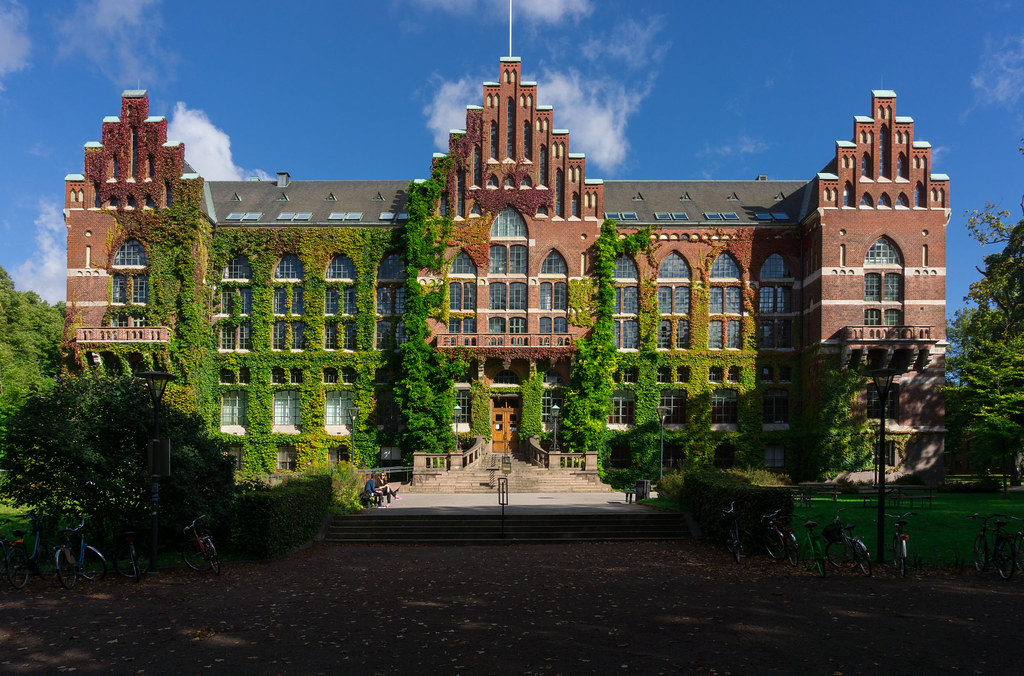
Blog Editor’s Note
By Barbara Gornik, Science and Research Centre Koper
Yes, we are. We publish books, whose readership is admittedly limited; we write scientific articles that are mainly read by a small circle of colleagues from the field; and indeed, we present papers at scientific conferences that are usually reserved for insiders in the academic world. We are undeniably dwellers of the ivory towers.
The symbol of the ivory tower, as is commonly known, often associated with us, academics at universities, who are believed to be disconnected from the rest of the world in pursuing our careers. It is generally assumed that we we live separate from the reality of most people’s lives, in intellectual isolation from the real world. Undoubtedly such an opinion is not entirely wrong. In fact, we have to write numerous peer-reviewed articles to sustain our careers; we often publish in journals that are rarely read by laypeople and we continually use a scientific and highly specialized language that may not be well understood by the general public. The considerable amount of time we devote to particularized scientific production in order to succeed in our careers drives us further into the isolation of ivory towers and thus further away from active participation in life in society.
Yet science has never been detached from society, regardless of how distant and abstract its ideas may seem. This applies even more for humanities and social sciences, whose fundamental subject is precisely society and individuals as its rudimentary fragments. Over the past centuries, researchers have not only turned to society to study human beings, but have – especially after the postmodern turn, when assumptions of an apolitical and objective science infamously collapsed due to the awareness that no knowledge is independent of the socio-political values in which it is created and absorbed – openly adopted political standpoints and called for cross-fertilizing academic and non-academic discourses.
In the social sciences and humanities, we have largely taken on the ethical responsibility we have as scientists and citizens. Many of us undertake the mission of formulating positions, emphasizing moral obligations and fulfilling commitments in order to enable equal opportunities for all and fight for the rights of oppressed and marginalized groups population. Many of us also believe that our academic responsibility broadly entails a moral and intellectual principle and includes a sense of commitment and solidarity with disadvantaged members of society; in this respect our obligation is to devote ourselves to the idea of humanity as an open-ended process of realization of capacities common to all, which makes research ultimately as much a political as an ethical question.
We can testify today that many researchers and university professors lead an active public life through various forms of civic engagement. Nevertheless, there is still a legitimate concern that we are not sufficiently shaping public debates, especially given the symbolic power we have as scientists. Not only our is work still largely published in academic journals, almost exclusively read by our colleagues, but we are often not given sufficient attention and space in the media and in public debates, relevant to the public interest and common good.
With this in mind, the SEN blog aims to facilitate the sharing of knowledge and bridge the communication gap by translating academic thinking and transferring it to the wider public. The current state of affairs clearly shows that the debate on nationalism and ethnicity has not lost any of its relevance. On the contrary, in view of newly emerging nationalisms, the recent upsurge of authoritarian governments, the innumerable manifestations of right-wing populism, countless signs of xenophobia, racism and Islamophobia, as well as intensifying migration processes worldwide, the discussion on nationalism and ethnicity is more urgent than ever before. Recognizing that ethnicity and nationalism are elusive concepts with enormous power and the ability to connect private, social and political life, the blog has been re-launched to stimulate engaged debates on how nation and ethnicity are institutionalized, how they are practiced, how they are conceptualized and what political implications they have for the functioning of society.
For this reason, with this blog we want to create a space where scholars from diverse scientific fields can share their views on practices related to ethnicity and nationalism in a different form than the conventional peer-reviewed papers published in academic journals; we hope to contribute to informed debate on pressing issues related to various aspects of ethnicity and nationalism and to expand them across various communication channels, making them known to a wider audience. The idea underlying our mission is also to take part in civic engagement, to address issues of public interest and to make a difference in public debate by creating a space of interaction between scientists and society. In this sense, we could ultimately say that our ambition is to join the active, critically engaged academics, who are successful in breaking down the walls of ivory towers.
